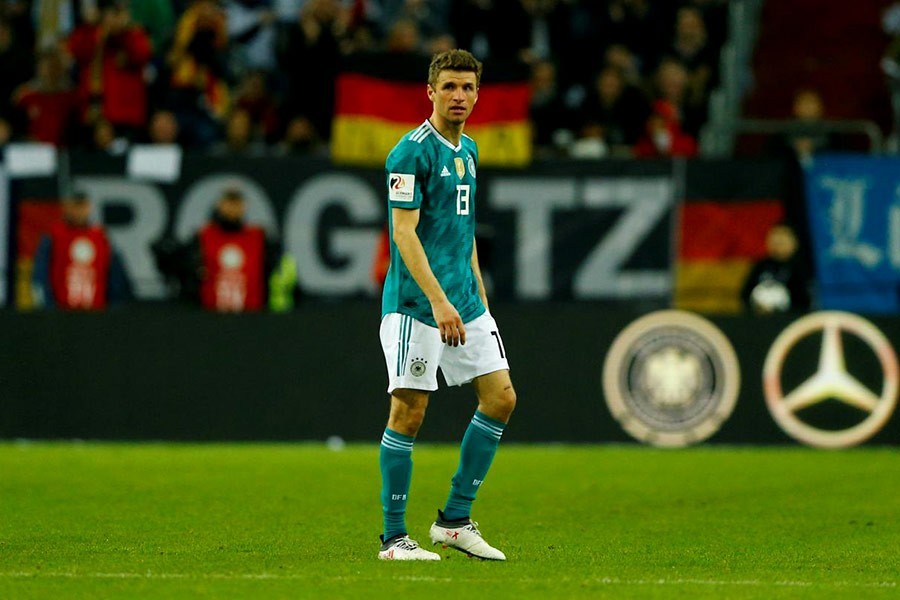German National Football Team historically has been one of the most successful and consistent footballing nations. They have won four World Cups, three European Championships, one Confederations Cup along with numerous second and third-place finishes.
Up until very recently, the participation of Germany in any competition was thought to automatically result in semi-final finishes at the very least. But the 2018 FIFA World Cup and UEFA Euro 2020 changed the conception forever. What exactly happened to Germany, a team with a lot of big names as well as a World Cup-winning manager?
Loss of footballing identity
Like Samba of Brazil, Catenaccio of Italy, Germany had a very specific footballing identity as well as an approach to how football should be played. It was mainly characterised by disciplined passing, counter-pressing, speed, and reliance on set pieces. German managers using this approach have been a revolution in Europe in recent years with the likes of Jürgen Klopp, Hansi Flick and Thomas Tuchel being the last three UCL winners.
But the national team have seemingly drifted away from the identity after the 2014 World Cup triumph. Joachim Löw, in the last part of his tenure, preferred a slow possession-based game. Many former German legends like Hans-Peter Briegel has been critical of Pep Guardiola as it is thought that Joachim Löw adopted his style of play after his tenure at FC Bayern Munich, a club which historically has been the largest supplier of players for the German National side.
Not producing enough talents
German football produced some of the brightest talents of the game in this century, courtesy of the renovation project undertaken by the Football Federation after disastrous results in Euro 2000. But in the past few years, France, Italy, England, Spain and Portugal have all produced more talents when compared to Germany. This has led to a massive decline in the quality of the German National Team as a whole.
Along with that, this German team don't really have the magical combination that led to the World Cup triumph in 2014, partly due to the fact that a lot of different clubs are represented in the squad which is quite a deviation from the previous successful sides.
No clinical striker
Germany have always been dependent on a ruthless finisher inside the penalty area with the likes of Gerd Müller, Jürgen Klinsmann, Oliver Bierhoff, Rudi Völler, Miroslav Klose coming through the ranks in almost every decade. However, Kevin Volland being the only natural number nine, and who is not quite at par in terms of quality with the current crop of German players, show the striker-crisis that Germany is going through. That's why, even in the recent European Championship Löw played a fluid frontline with no natural striker, and his plan didn’t quite succeed as Thomas Müller, Serge Gnabry and co would like to forget this disastrous campaign.
The Midfield Conundrum
On paper, Germany's depth in the centre of the pitch is one of the best in the world. But the lack of proper defensive shielding in midfield has been a big issue for this side. Although the midfield duo of Kimmich and Goretzka has been magnificent for Bayern, Löw preferred the veterans Toni Kroos and Ilkay Gündoğan who are both similar kinds of players resulting in a massive lack of dynamics in the play.
A Ray of Hope
Hansi Flick is supposed to take over this side as Löw has departed following a quite disappointing performance in the Euros. Hansi Flick will get a lot of players from his all-conquering Bayern side as well as his style of play is pretty much synonymous with what German football used to stand for.
With the 2022 World Cup not far away from sight, it is fair enough to assume that a complete turnaround of performance by this team is very much likely with a new and successful manager at the helm.
Rassiq Aziz Kabir is a student of Economics at the University of Dhaka.
Email:[email protected]


